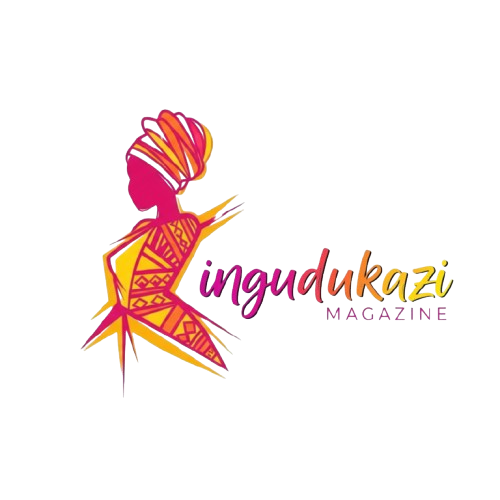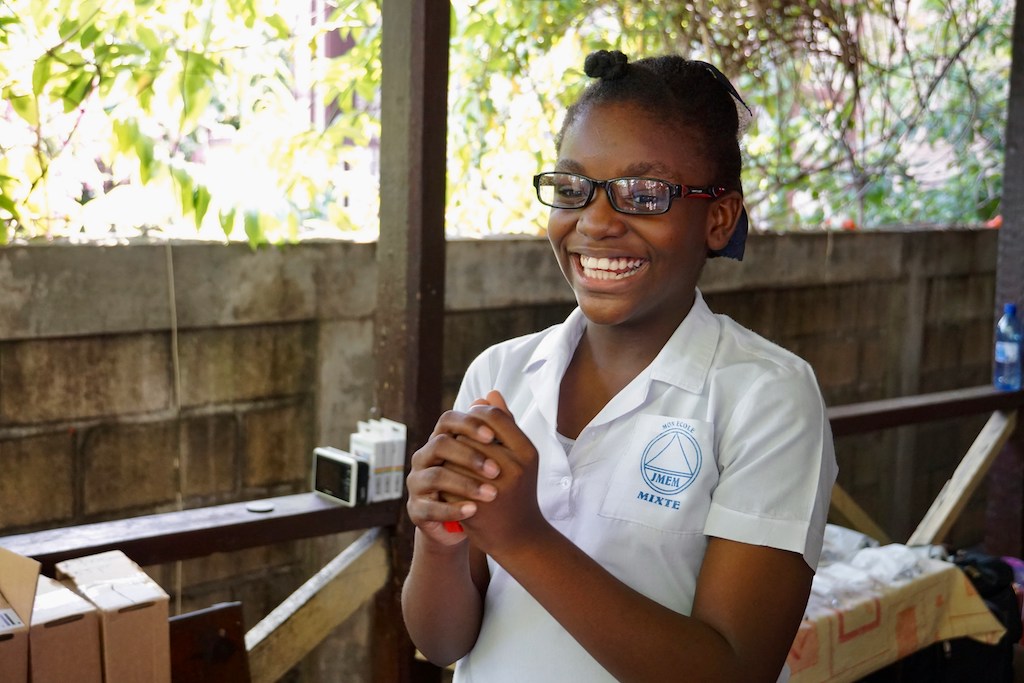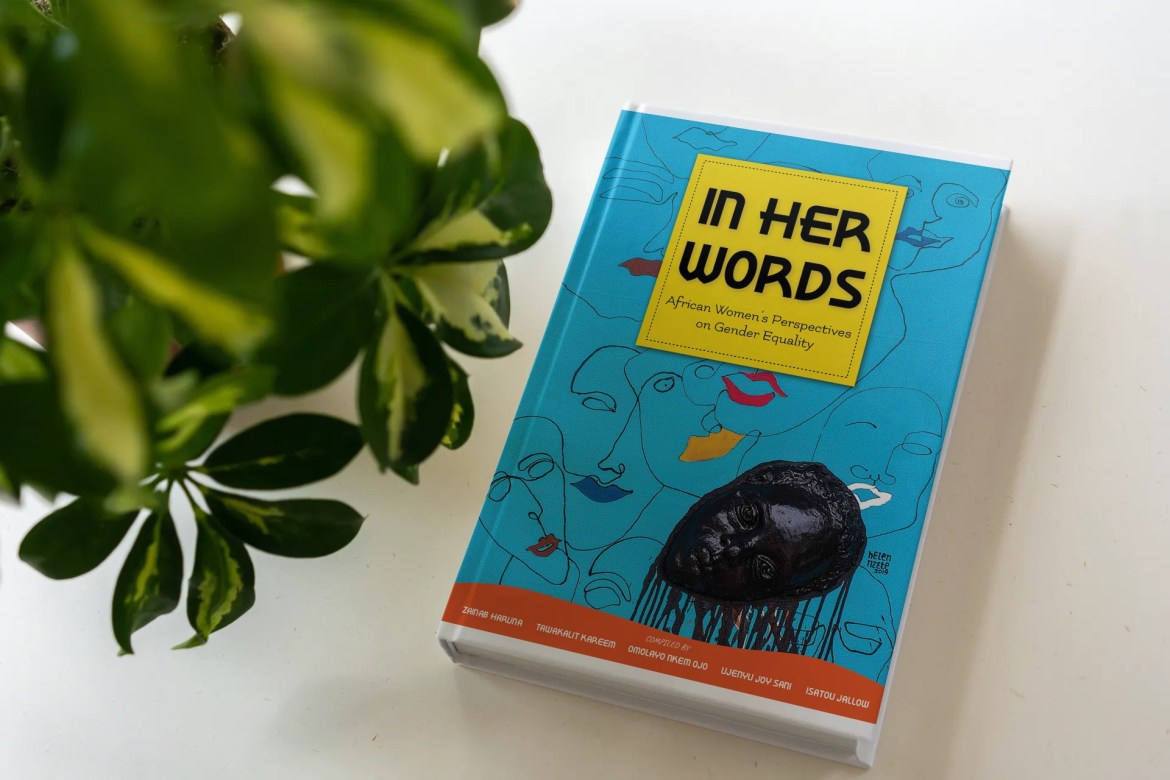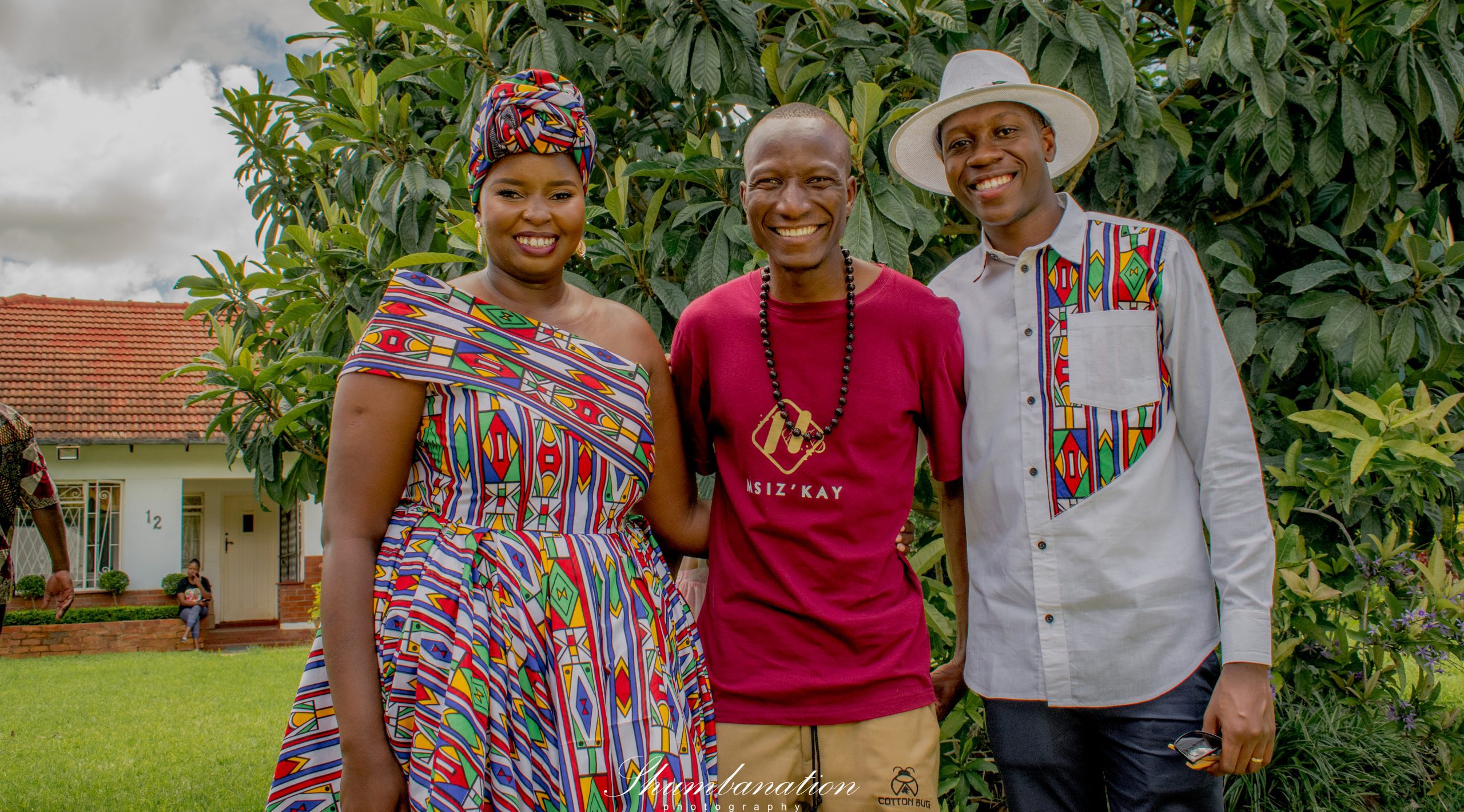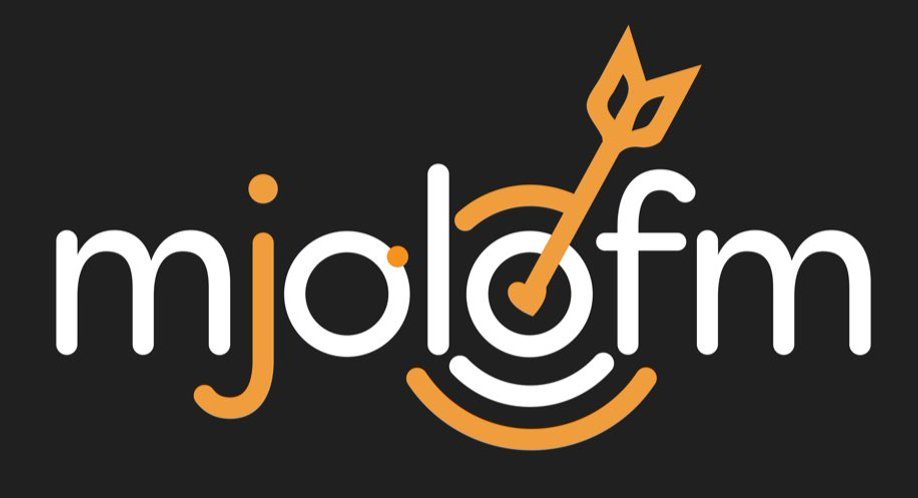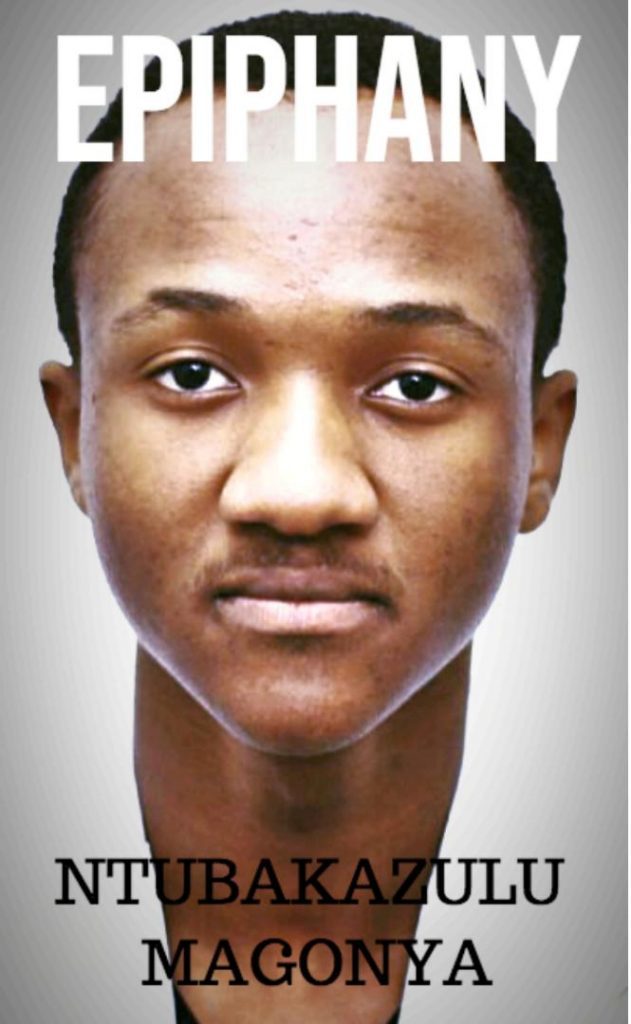
“Slavery in Africa never left, it transcended” – Ntubakazulu Magonya
The greatest trick the devil ever pulled, was convincing the world that he didn’t exist. Likewise with slavery, the most powerful move the system ever played, was convincing the African people into thinking it had vanished. Did it? Most of us believe we conquered it, overthrew it and buried it 6 feet under with our ancestors who refused to submit to its oppressive nature; but did we really? I think not.
Slavery in Africa is a matrix. It exists everywhere, it governs our very thoughts yet we have no clue of its existence. It has become so subtle such that even those who are conscious enough to recognize it never fully know how to escape. It is a cancer that is poisonous to our minds and to the well being of all those around us. Yet we fail to recognize its existence.
Where did it begin?
Because for us to know how to fix the problem we first have to see and understand the roots of the problem.
Africa in all it’s ways, is a beautiful land with vast minerals and beautiful landscapes. The history of our people is so widely misunderstood and that is perhaps one of the main reasons we do not fully appreciate it because we have been taught our own history by those who enslaved us. Until the lion learns to write history will always glorify the hunter. Such is the case with our history. If modern news reports are deceiving and mostly false, imagine our history. On many accounts, we are led to believe that our oppressors helped us by bringing to us innovation and technology and that our land did not have. Though true, this then shines a dim light on the bigger picture which is the how they destroyed our culture and enslaved our people. The modern generation does not know our rich history as an African people. The African people who built pyramids that are still a mystery how they were constructed due their complexity and the available resources at the time. Or the Ishango tribe that were the first in history to use a mathematical counting tool. Some even say the Ishango bone is the oldest table of prime numbers.
It is not my place however to teach you the about who exactly we are, your history is etched in your bones and if you took a minute to really search for truth, you would remind yourself of how great we once were as a people. The comeliness of all that Africa has given the world is hard to ignore and it is about time we stop overlooking ourselves and looking inwards to hoist our continent back up from it’s knees. Much of our history was never inscribed but simply told on to the next generation by the next. Hence our true history, was washed away with the blood of our predecessors. Bits and pieces of it remain within the aging minds of our grandparents.
All you will read in this book are my personal noetic conceptions and opinions of what has gone wrong in Africa. The term I will utilize for much of these issues is “mental cancers” because what has gone wrong is more within that on the outside. We are a great continent who perpetuate to suffer at each other’s hands and until we start to take responsibility for our current state we shall never fine-tune mother Africa. Instead the quandaries will keep on piling up and our grand children and great grand children will never tastes the affluent fruits of our labour. I ergo share with you some of the more prevalent issues that we face.
These problems, though not all, I believe are the biggest ones which have plagued us.
The first, is our misunderstanding of our culture. We have been led to believe so many terrible things about ourselves. Some of these things have sat so deep within us such that we look down upon our own culture and accolade other cultures. All the things that made us unique, we have come to vilipend and one cannot in consummate veracity incriminate our people for not learning something they were never taught, however now is not the time to cry victim. Instead, we ought to take full responsibility by learning our culture as Africans.
“A people without the knowledge of their past history, origin and culture is like a tree without roots” – Marcus Garvey
Perhaps one cannot be blamed for not fully understanding their culture, but now that we are aware of the mishaps that led to this, what will you do?
It is never too late.
The next part, which I’m sure will digress many, is religion. Afore plenarily indulging in this chapter, it is consequential to keep an open mind. This should apply in any case, to everything you will read in this book.
Here, I apportion with you my personal opinions on religion and how I feel it has affected us as a people. With all it’s goodness and opulent sagacity, I have come to the conclusion that in it’s current capacity it has scarcely corrupted and no longer authentically accommodates the purport it was designed for.
I have no doubt in my mind that the pristine blueprint that religion was founded upon was quite sound and had genuine intentions, but what has become of it is not what should have become of it. Like all systems, if it no longer accommodates the people in the way it was designed to do then perhaps it is no longer worth following.
It is worth noting that I am a believer lest I be misunderstood.
God is all powerful and all knowing, however i do not seek him through religious chambers. I am a spiritual person and firmly believe that he lives within me.
Spirituality is widely misunderstood and more often that not I am stereotypically labelled a non believer. However as I have mentioned, I am a believer and deeper into the book I shall digress more on this conception of spirituality and why I feel as though religion no longer accommodates it’s cause.
I do not condemn religion and neither do I disaccord with what it teaches. The backbone for most of our cultures is religion however my truth, is simply predicated on my personal experiences with religion and what has come of it during my time. The ideology was sound, but we have strayed from it and religion has taken a terrible detour.
When speaking about relations, I dig deep into the networks around us and how we generally deport as people.
The first thing to visually examine is how we treat each other as Africans and it is here that I digress onto pressing matters such as xenophobia and what the repercussions of these actions are. They are much deeper than what we see on the surface and though they can be incriminated on many different aspects my opinion is predicated on the conception that our peer-peer aversion is a direct result of the oppression we have experienced.
Along with that, I withal take an optical canvassing of the effects of inadequate parenting what that signifies for us. I believe that subpar parenting is the major cause for many interpersonal issues we experience such as gender predicated violence, petty malefactions and so on. There are many stigmas affixed to African parents and I briefly expand on some of them and explicate how the imperfections in their parenting traumatize their children who then pick up from where their parents left of and subconsciously subject their children to kindred parenting.
Furthermore, there is withal the issue of absent parents. The psychological effects this causes in most of the people I’ve visually perceived is devastating. This is more conspicuous in men who grow up not having father figures or role models. Without that guidance most of them incline to go astray and in the terminus fall victim to the charms of the other side of the law. Having not had one around myself, I speak from a very personal place and apportion some of my experiences of living in a world where you grow up without a father to nurture you. I withal touch on the effects on women who additionally grow up without either or both parents and the kind of life they conventionally fall into.
In the last part of the book, I provide a very simple solution. It would be very fatuous for me to postulate I have all the answers for the questions you might have after reading this. Like Socrates, I believe I am wise because I know nothing. However this simple word might be the answer to all your questions.
My reasoning for providing this as a solution and not my own opinion, is that as people we are different and our comeliness lies in our differences. With that being said, in lieu of me coercing my opinions onto you it sounds more plausible to let you seek your own solutions and should our solutions align, then great but if not that is fine. We do not all see life through the same lens but what is more paramount is that if you seek your solutions you will have stand for something which you genuinely believe in and not some opinion of a 22 year old who’s book you just transpired to read.
They say you cannot reason a man out of a place in which he did not reason himself into. I have come to understand this and I do not indicte with the hope of having you believe in my opinions, I merely write to evoke the potency in you to question your own such that by the cessation of this book you will sit deep in thought and audit all of your opinions on the matters mentioned and ascertain you stand for something you genuinely believe in because:
“Most people are other people. Their thoughts are someone else’s opinions, their lives a mimicry, their passions a quotation.” – Oscar Wilde.

